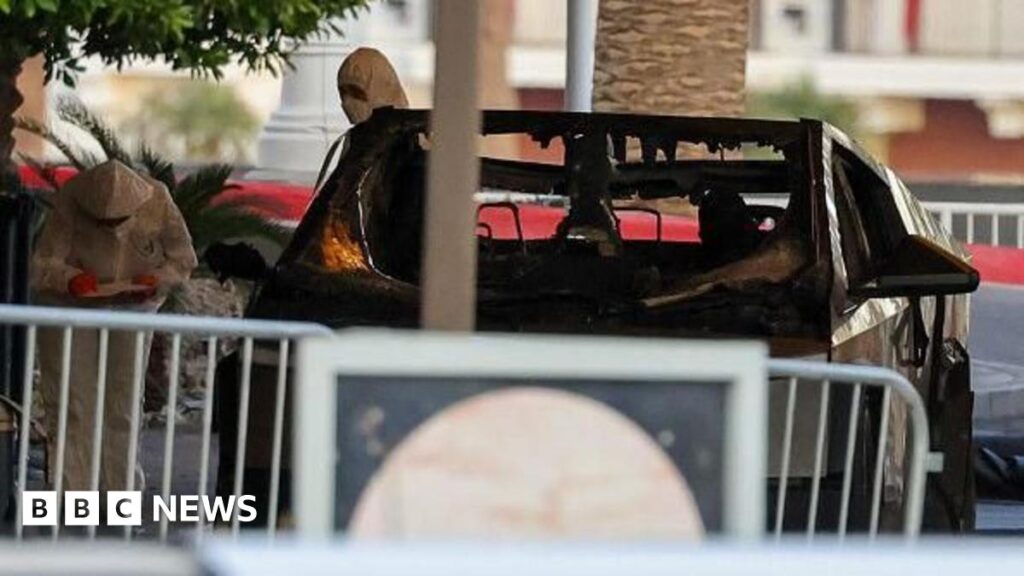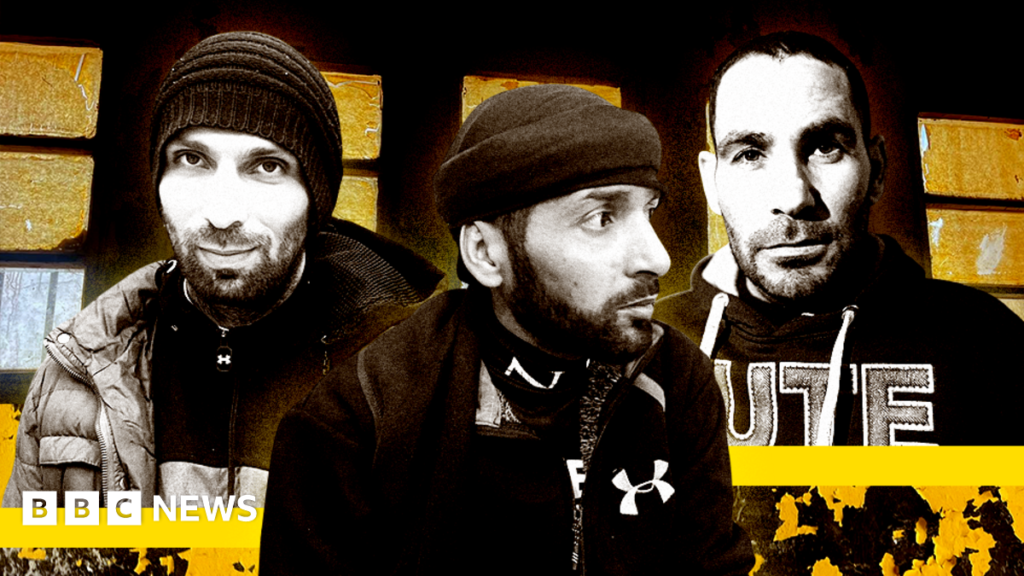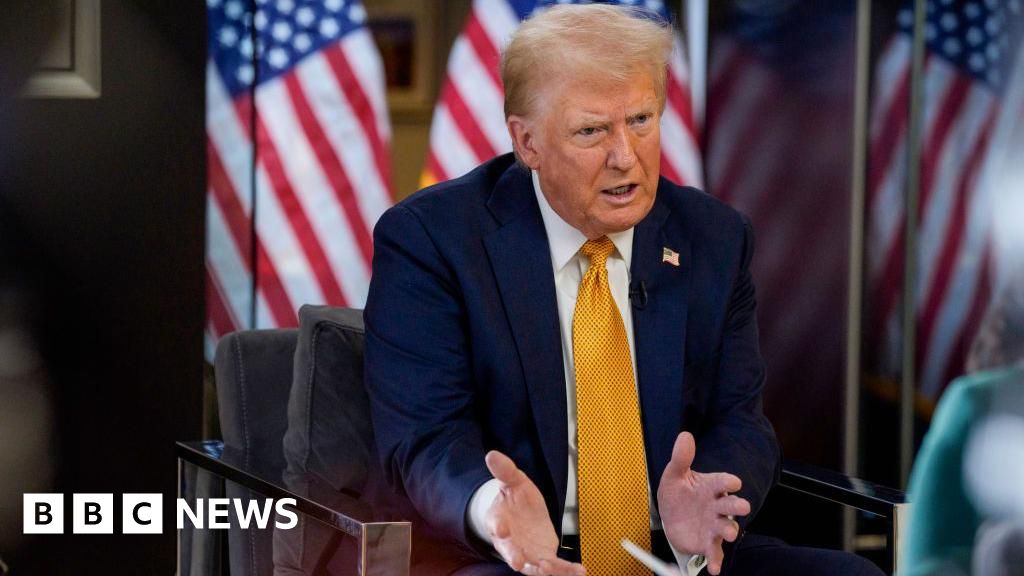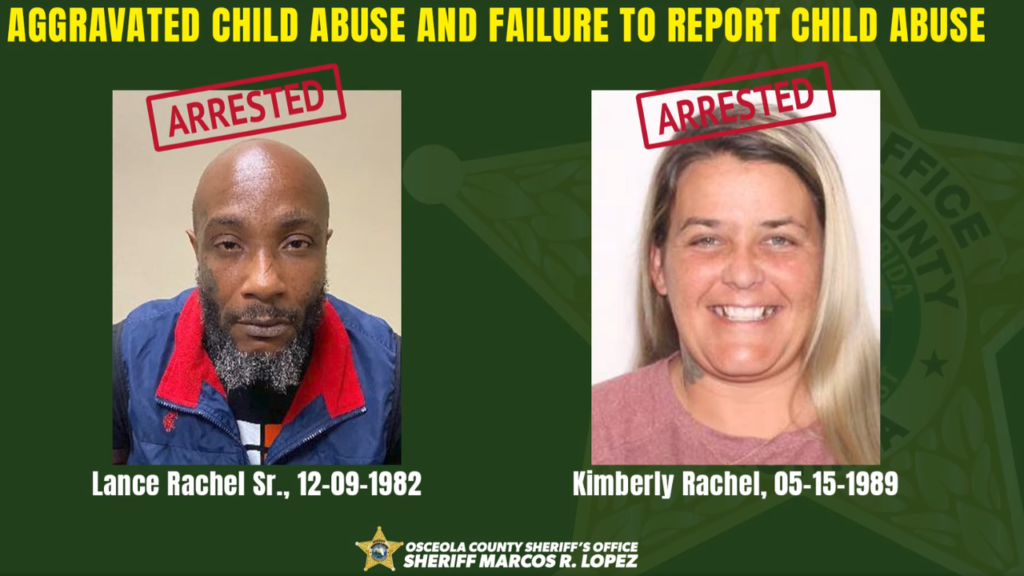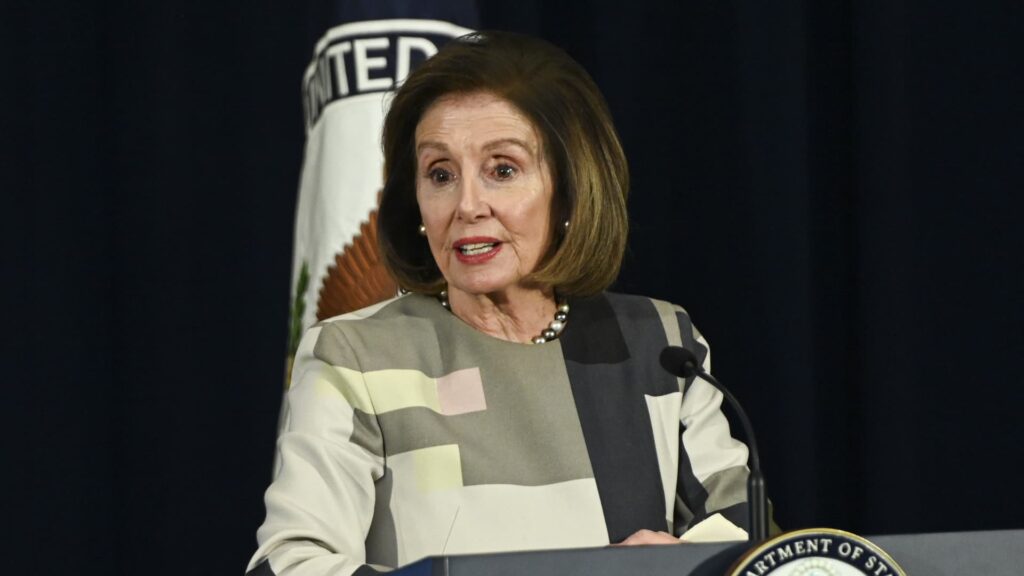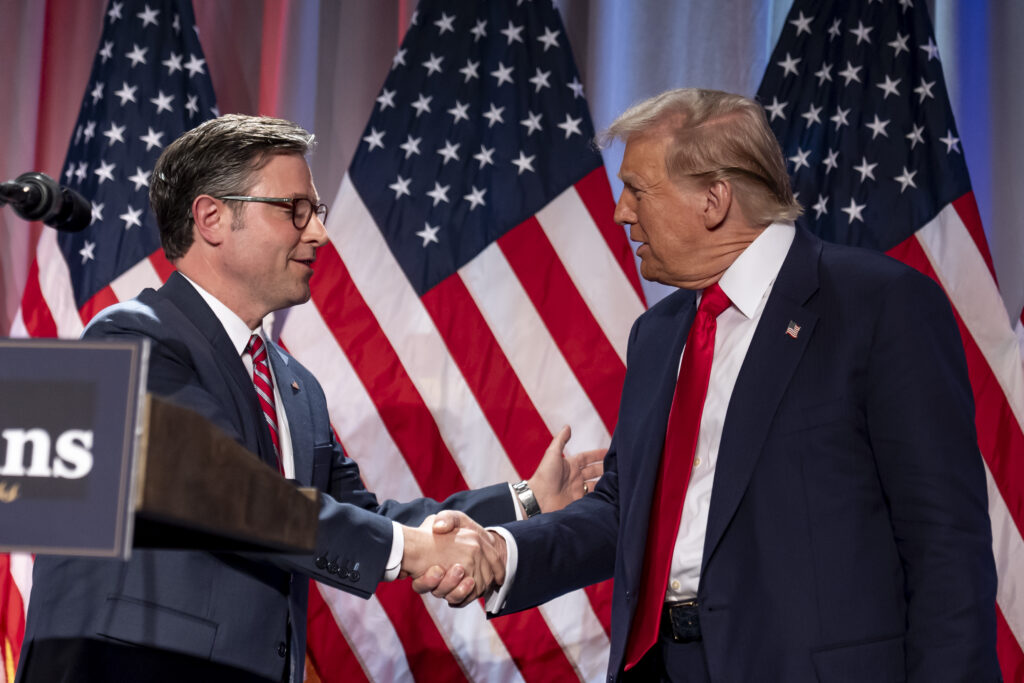]
Seven people were injured when the vehicle – filled with fuel canisters and firework mortars – exploded on New Year’s Day. Officials said all injuries were minor.
The Cybertruck arrived in the city on Wednesday morning, less than two hours before the detonation, police have said. Parked in front of the hotel near a glass entrance, the vehicle started to smoke, then exploded.
Las Vegas authorities said the Cybertruck helped contain the explosion, sending it vertical rather than outward. The nearby glass doors and windows of the hotel did not shatter in the blast.
Authorities said they have yet to determine any motive behind the incident.
“I’m comfortable calling it a suicide with a bombing that occurred immediately after,” Sheriff McMahill said during Thursday’s press conference.
The sheriff said investigators recovered a military ID, a passport, two semi-automatic pistols, fireworks, an iPhone, a smart watch and several credit cards in Mr Livelsberger’s name from the charred vehicle.
Mr McMahill said they found two tattoos on the driver’s remains matching ones Livelsberger had.
The Colorado Springs native rented the Cybertruck on 28 December in Denver.
Police were able to track his movements using a number of photographs on the drive from Denver, Colorado to Las Vegas, Nevada. He was the only one seen driving the vehicle.
Mr McMahill said there are several parallels – but no definitive link – between the suspects in the incident in Las Vegas and a truck attack in New Orleans that left 14 dead, which both took place on New Year’s Day.
Both suspects served at Fort Bragg in North Carolina, though there is no record they served in same unit or were there at the same time. They also both served in Afghanistan in 2009, but there is no evidence they were in the same region or unit.
Both also used rental company Turo for the vehicles involved in the incidents, Mr McMahill said.
“We don’t believe there’s any further threat from this subject or anybody associated to him here in Las Vegas,” he said.
